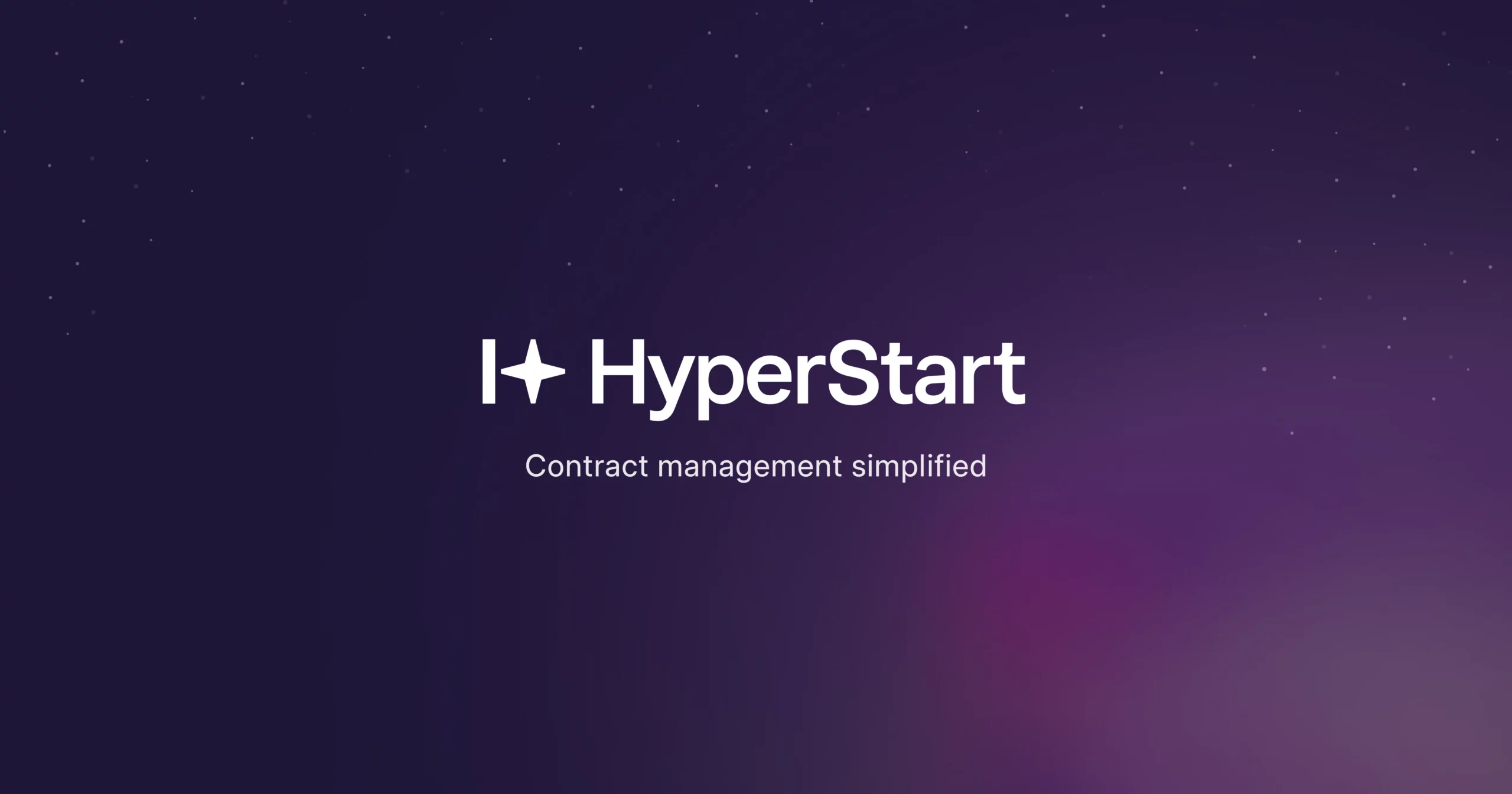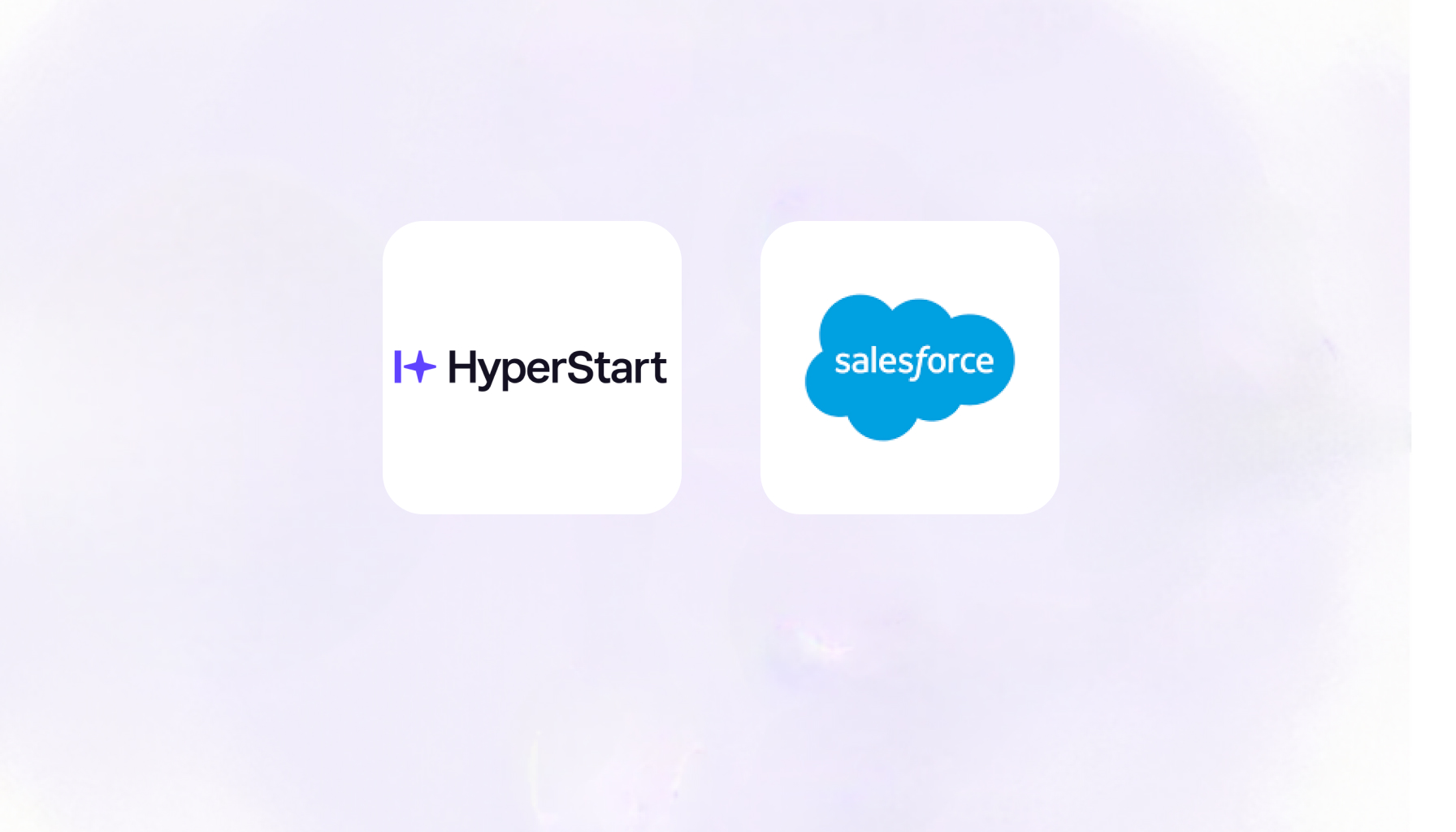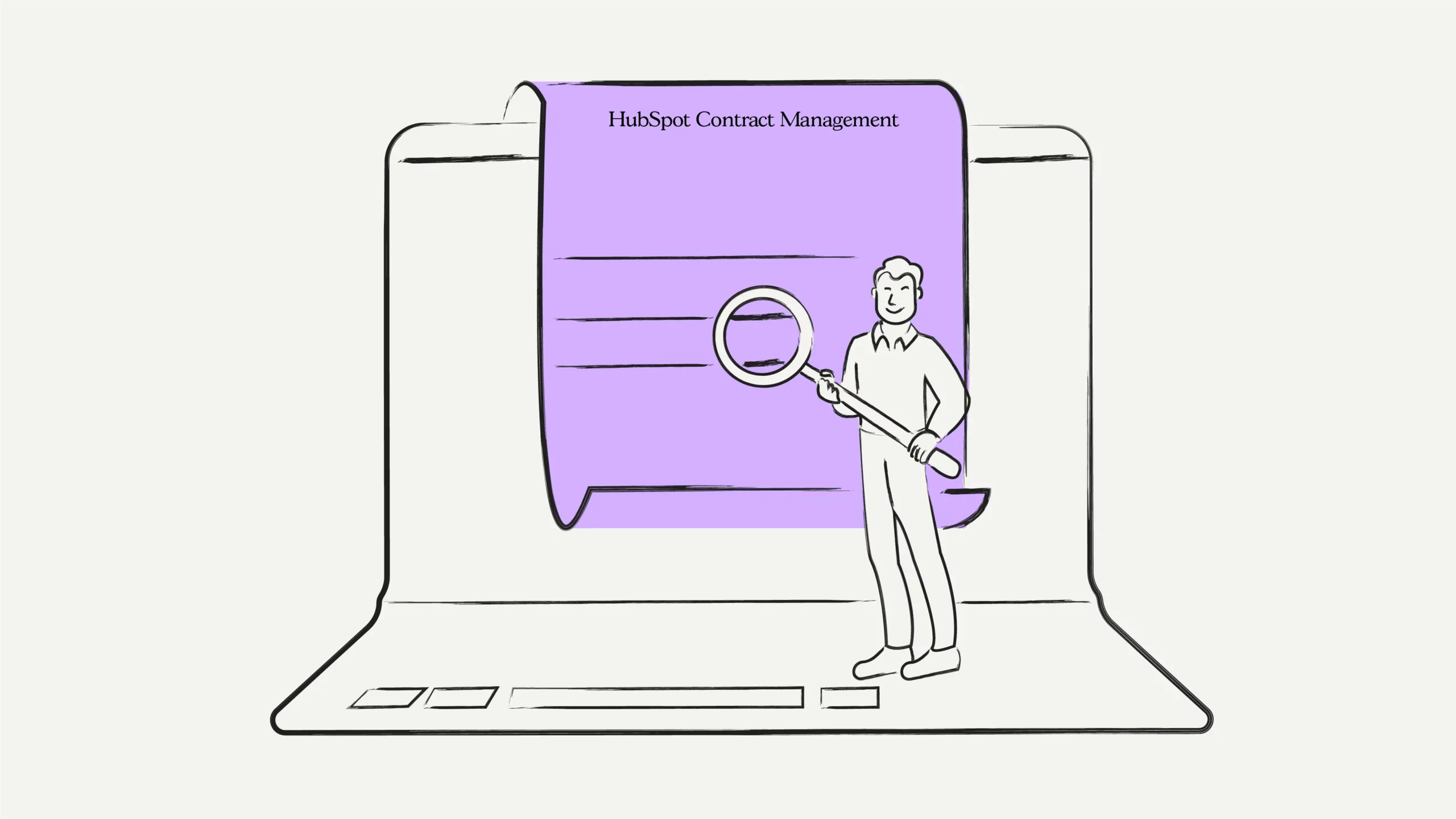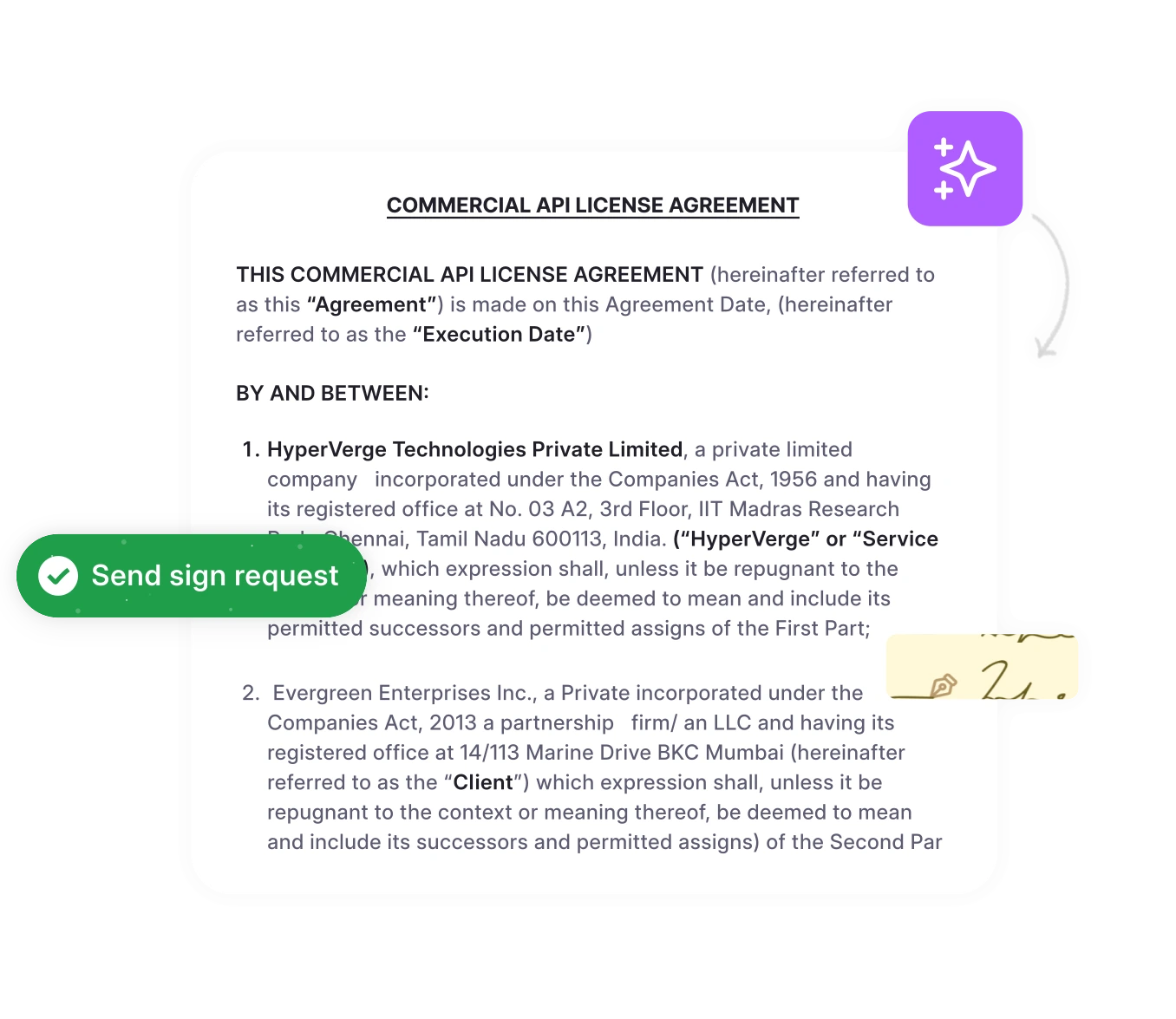Managing customer relationships is essential for any growing business—but what happens when contracts become just as critical as conversations?
From sales agreements and service contracts to vendor relationships, managing contracts separately from customer interactions can quickly become overwhelming. That’s where a CRM with contract management capabilities can streamline processes, reduce errors, and boost overall efficiency.
Whether you’re a small business owner, a legal professional, or part of a large enterprise, this guide will show you how integrating CRM and contract management can be a game-changer for your operations.
What is the role of CRM in business operations?
CRM plays a crucial role in business operations, improving customer interactions, optimizing business processes, and driving profitability. It acts as a strategic tool that helps businesses manage, analyze, and streamline customer interactions and data throughout the customer lifecycle.
Here’s a breakdown of its key roles in business operations:
Sales: CRMs streamline sales processes, automate tasks, and improve lead management.
Customer service: CRMs enhance customer support with efficient case management and personalized service.
Marketing: CRMs enable targeted campaigns, track marketing performance, and improve lead generation.
Efficiency: CRMs automate tasks, improve collaboration, and support data-driven decision-making.
Customer relationships: CRMs centralize customer data, personalize communication, and enhance customer experience.
How do CRM systems handle contract management?
A CRM system with contract management capabilities serves as a unified platform for managing both customer interactions and the entire contract lifecycle. Traditionally, businesses rely on separate systems to handle customer relationships and contract management, which can lead to miscommunication, missed deadlines, and inefficiencies.
Shockingly, a study by 3M found that 70% of suppliers say half their customers still rely on outdated manual processes for collaboration. These manual methods can slow things down, create unnecessary bottlenecks, and make effective communication harder than it needs to be.
A CRM integrated with contract management features overcomes these challenges by providing a single platform that enables you to:
Create, store, and manage contracts directly within your customer profiles.
Automate approval workflows, renewals, and alerts for key contract milestones.
Ensure compliance and reduce contract risks with built-in workflow templates and permission controls.
6 limitations in CRM without contract management
While CRMs help manage customer relationships and some aspects of sales, they are not designed for robust contract management. Here are some challenges a user relying solely on a CRM for contract management might face:
1. Missing contract-specific features
CRMs excel at managing customer data, but they weren’t built to handle contracts. So, when you try to use one for contract creation or negotiation, you’ll quickly find that features like contract approval workflows, contract templates, and version control just aren’t there. You might end up doing things manually, which can lead to errors or missed steps.
2. Basic document handling
CRMs like HubSpot primarily focus on customer relationships and sales processes, which include basic document storage and management. Contract management with Hubspot allow users to upload, attach, and organize documents within customer records, which is fine for general purposes. However, contract management requires specialized features that CRMs lack, like redlining, e-signatures, and audit trails.
3. No built-in compliance tracking
Contracts come with all kinds of legal and regulatory obligations that need to be carefully monitored. Unfortunately, CRMs don’t usually have the compliance tracking tools you need to stay on top of deadlines, regulatory changes, or risks associated with contracts.
4. Workflow issues
Contract processes like creating, reviewing, negotiating, and approving require a lot of back-and-forth between different departments, especially legal. CRM workflows are usually focused on sales activities, so you might find yourself jumping through hoops to get contracts approved, causing delays and inefficiencies.
5. Limited collaboration with legal teams
Legal teams need to be heavily involved in contract management, but CRMs aren’t designed to support that kind of collaboration. It can be tough to keep everyone on the same page when contracts are handled across broken systems and tools.
6. Weak reporting on contracts
CRMs offer some great reports on sales, customer activities, and pipelines but when it comes to tracking contract performance, they fall short. Important metrics like contract value, expiration dates, or compliance data are often missing or difficult to track.
Stop Switching Between Different Systems
HyperStart CLM with CRM integration capabilities helps you streamline your contract management processes.
6 benefits of integrating CRM with contract management software
Integrating your CRM with an AI-powered contract management system can streamline your business processes and boost efficiency. Here’s how this powerful combination can benefit your organization:
1. Accelerate contract approvals within the CRM
A sales rep can generate a contract with a few clicks and automatically route for approvals with pre-defined legally approved templates, all within the CRM system. This is the power of integration. By automating workflows, approvals happen much faster.
Sales reps can initiate contracts directly from the CRM, and predefined approval chains ensure that the contract reaches the right people without manual intervention. This eliminates the back-and-forth emails and significantly reduces approval times, enabling your team to close deals faster.
2. Unify customer and contract data for complete visibility
No more searching for information across different systems. A unified CRM and contract management system creates a single source of truth for both customer interactions and contract details. All relevant information, from initial outreach and contract negotiations to final agreements, is stored in one platform.
Besides improving data visibility, this centralization ensures that everyone is working with the most up-to-date information, reducing miscommunications and errors.
3. Enhance data accuracy and consistency across systems
Manual data entry is a recipe for mistakes, which can lead to costly errors or delays. Integrating CRM with contract management eliminates this risk by automatically syncing information between both systems. This ensures that contract terms, customer details, and key data are always accurate, reducing the risk of discrepancies and inconsistencies.
4. Enable seamless cross-department collaboration on contracts
When CRM and contract management are integrated, teams across departments can collaborate seamlessly on contracts. Sales, legal, and operations have access to the same platform, allowing for easier tracking of contract status, notes, and history. This visibility fosters better communication, reduces time spent searching for documents, and ensures that any necessary revisions are made quickly.
5. Strengthen compliance and risk controls with integrated workflows
Contract management software often includes features for tracking changes, enforcing templates, and maintaining audit trails. Integrating it with CRM helps ensure that your contracts adhere to company standards and regulatory requirements.
You can set up automated alerts for contract renewals, compliance checks, and approval deadlines, helping to mitigate legal risks and avoid costly oversights.
6. Boost sales efficiency through process automation
Free your sales team from tedious administrative tasks. Automating repetitive tasks like data entry, document generation, and follow-up reminders allows them to focus on high-value activities.
Sales teams can actively cultivate relationships, nurture leads, and close deals instead of getting bogged down in paperwork. This increased efficiency translates to a higher volume of deals closed in less time, reclaiming revenue leaks.
Is inefficient contracting holding you back?
Automate contract management, reduce manual errors, and close deals 10x faster without leaving your CRM. Only with HyperStart CLM.
5 tips for integrating CRM with contract management
Integrating your CRM with contract management significantly enhances efficiency and streamlines your contract processes. Here’s how to ensure a smooth and successful integration:
Tip 1: Choose a compatible CLM system
Select a CLM system that seamlessly integrates with your existing CRM. Ensure it offers smooth data synchronization, supports your required features, aligns with your budget, and can scale alongside your business. Prioritizing compatibility will save valuable time and effort in the long run.
Tip 2: Map key data fields for synchronization
Carefully map the essential data fields that need to be synchronized between your CRM and CLM. Consider crucial information like customer details, contract dates, pricing, and key terms. Accurate data mapping from the outset will prevent future frustration and maintain consistency across both systems.
Tip 3: Leverage automation for efficiency
Leverage the power of automation, a key benefit of integrating your CRM and CLM. Implement automated workflows for contract creation, approvals, and reminders. This reduces manual tasks, accelerates processes, and allows your team to focus on strategic initiatives.
Tip 4: Establish rules for data consistency
Data inconsistencies between your CRM and CLM can lead to significant issues. Establish clear rules to ensure data alignment. Regular audits and automated checks will help maintain consistency between contracts, customer details, and pricing information across both systems.
Tip 5: Monitor integration performance
Once the integration is live, actively monitor its performance. Track key metrics such as contract processing time and user engagement. Continuous optimization will ensure you maximize the integration’s benefits as your business evolves.
Tired of slow contract processes hindering your sales cycle?
Integrating HyperStart CLM with your CRM, HyperStart lets you create, review, and find contracts up to 80% faster.
Close deals faster: Automated workflows and e-signatures speed up approvals and eliminate bottlenecks.
Reduce admin work: HyperStart auto-populates contracts with CRM data, cutting manual tasks by 80%.
Faster turnaround times: Generate contracts in just two minutes with intuitive templates and real-time collaboration tools.
Contact us today for a demo and see how HyperStart can revolutionize your contract management process.










![13 Best Contract Management Software in 2025 [A Guide]](https://www.hyperstart.com/wp-content/uploads/2024/05/1-1-1_3_600x339.webp)

